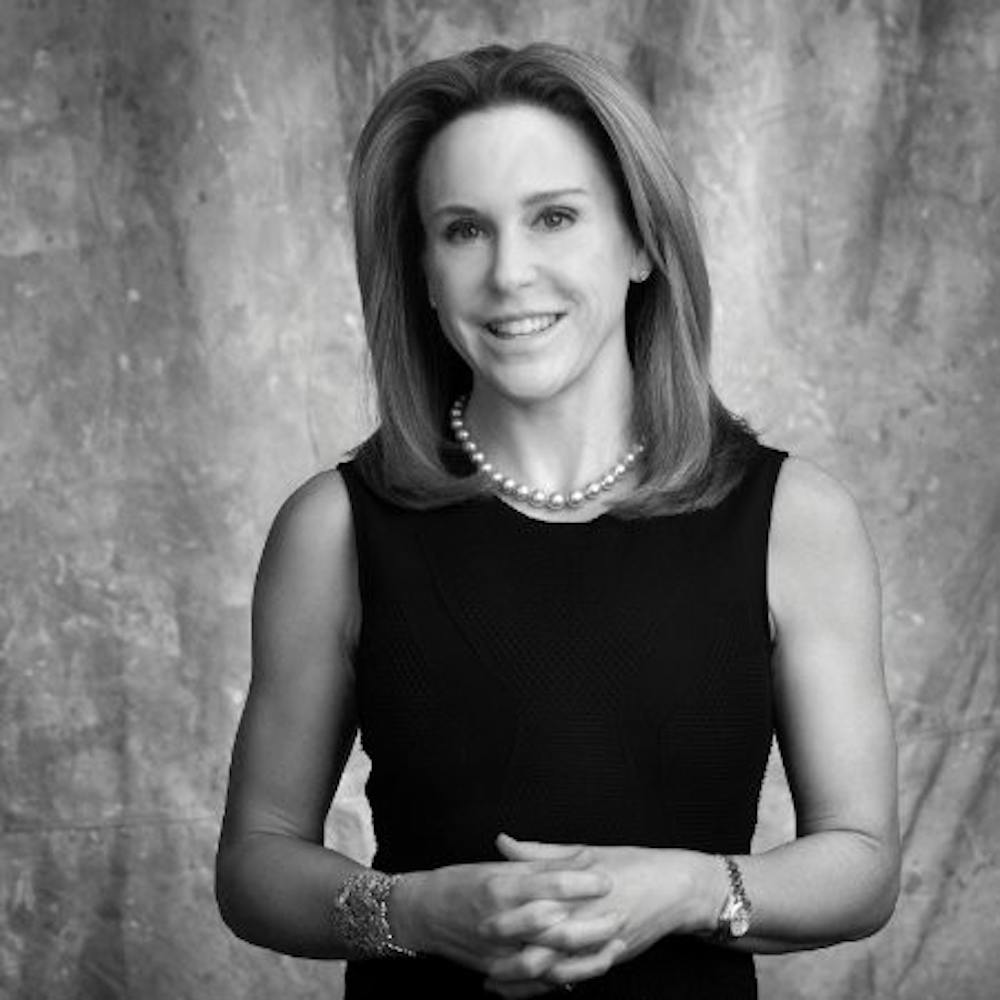Women often face the struggle of either pursing their career goals or focusing on raising a family. ASU alumna Robyn Barrett said that this can be especially difficult in corporate America.
“Effectively you can’t have it all,” Barrett said. “I knew that I wanted a family. I work more, but now I can choose when I want to work.”
Barrett has had a very successful year: the W.P. Carey School of Business chose her as a 2015 Sun Devil Select, she was recognized as one of the Phoenix Business Journal’s Outstanding Women in Business and she has now spent seven years in the Arizona Women Million Dollar Club.
Barrett has worked hard to be at a point where her business, FSW Funding, is being recognized for generating more than $1 million a year. Barrett has done this while not only raising a family, but also while making sure other women have the same opportunity to succeed.
“There was a big push to mentor women coming into the asset based lending industry,” Barrett said. “We lose a lot of women in the industry.”
Barrett was working in corporate America until 2001, when the company she was working for went bankrupt. It was then that Barrett decided that she wanted to start her own company.
“It was a good time to make a change,” Barrett said. “I could have stayed the conservative route and done banking. I thought I could take a risk and try factoring.”
Barrett then went on to take classes to learn the basics of factoring, a lending practice where lenders underwrite a company’s accounts receivable based on invoices the company provides.
FSW Funding has grown into a widely recognized and successful business, and Barrett now sits on a CFA committee specializing in helping women in commercial finance.
“We are trying to engage women and keep them in the workforce so that they can see that there’s other women above them to see that there is somewhere they can go,” Barrett said.
Barrett also said that there are places in corporate America where women still lack opportunities, noting that out of the 34 members on the CFA’s executive committee, only three are women.
However, Barrett said that the strain women face is improving with younger generations, who are more flexible about sharing family responsibilities. She also said that having women working for other women will make the possibility of having a career and family more attainable.
Barrett has also taken on the initiative to mentor women within her own company. By establishing a scholarship and giving young women someone to come to when they are struggling, Barrett has made an impact on many young, female entrepreneurs.
“That’s a real positive impact on these girls,” she said. “Sometimes, that’s all you need.”
Ultimately, the path to owning a successful business has not always been easy for Barrett.
“You have some very dark moments,” Barrett said. “Anyone who says that they haven’t struggled is lying or hasn’t taken enough risk.”
While Barrett said that everyone should work in corporate America to understand how business works, she would never go back after starting her own business.
“It will be the best job you’ve ever had and the toughest job you’ve ever had,” Barrett said.
Reach the reporter at lmarsha6@asu.edu




